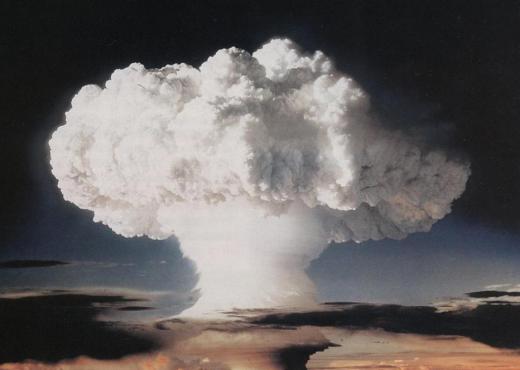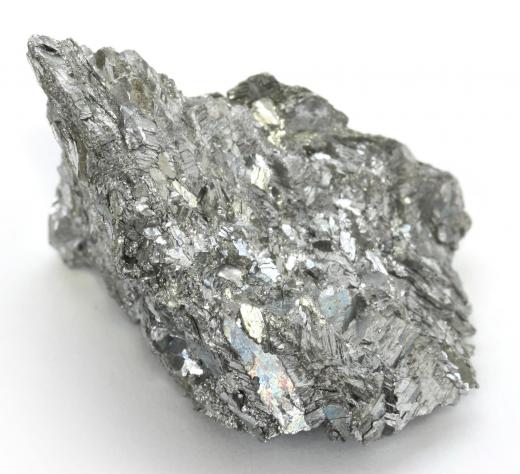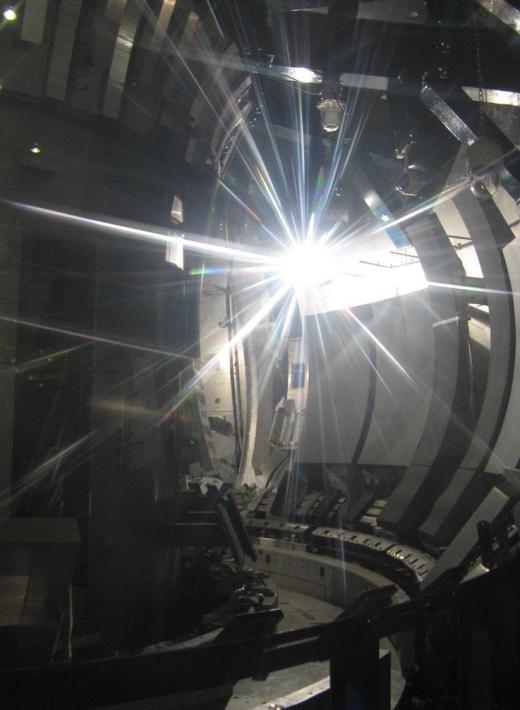What is Cold Fusion?
A fusion reaction occurs when nuclei join together into a single nucleus, releasing large amounts of energy in the process. In most cases the temperatures at which this occurs are extremely high — on the order of millions of degrees Celsius.
Cold fusion is a blanket term for any nuclear fusion reaction that occurs substantially below normal temperatures, but is most often used to describe a low-temperature reaction that can be achieved using relatively normal experimental conditions.

Deuterium (a hydrogen isotope) is most often looked at as the best potential source of cold-fusion based energy. It is readily available, has little waste, and produces great amounts of energy. For this reason the majority of work done in the area of cold fusion utilizes various catalysts aimed at provoking a low-temperature reaction with deuterium.
At this time there is no consistent technique for generating a cold-fusion reaction that yields more energy than is required to sustain the reaction.

Current research into cold fusion is spotty at best, following a rush of excitement in the late 1980s which failed to pan out. The Pons-Fleishman experiments utilized dideuterium oxide (heavy water), and a very simple apparatus. While they created a brief surge of popular interest, other scientists found the results impossible to replicate, and so interest by the scientific community quickly waned.

All known techniques that have been purported to generate excess energy in a reaction (indicating cold fusion) appear to defy the current understanding of nuclear physics. The two main arguments used to justify the cold fusion reaction (palladium as a catalyst or a fusion of deuterium into helium 4) do not stand up to much scrutiny: the density of deuterium in a palladium rod does not appear sufficient to induce fusion, and a lack of gamma rays indicates that helium 4 is not being produced.

At this time the US Department of Energy is recommending no additional funding be granted for research into cold fusion — with minor concessions made for incidental spending towards particularly intriguing experiments. It is considered by the mainstream scientific establishment to be an unattainable goal, similar to a unified field theory or time travel.
AS FEATURED ON:
AS FEATURED ON:














Discussion Comments
Do you not think if cold fusion was to be more funded and researched to breakthrough,it would put a lot of energy companies out of business, like oil gas, electricity, coal. Do I need to go on? This is why it will never happen or get proper funding.
I agree with you. I also think cold fusion should be pursued and although I'm only in high school I see cold fusion, if achieved, being the new energy source with hardly any pollution. I'm thinking about studying cold fusion more. If you know anything, please respond.
I am a follower of cold fusion and believe we need to pursue this along with other breakthrough technologies.
I recently discovered a company called Energetics Technologies. They have a process called SuperWaveFusion, which could be a possible breakthrough in cold fusion. The use of SuperWaves in the loading stage creates reported levels of excess heat that have never been obtained before.
I am trying to learn more about this process and would like to hear from others about what they think. Let me know your thoughts. Also please suggest other forms of alternative energy that we should be pursuing.
Post your comments